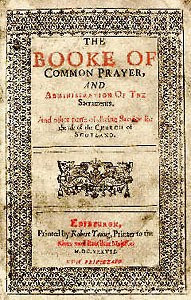Progressive is the New Puritan

Joseph Bottum has offered a weak (in the sense of historically shallow) version of this argument in his An Anxious Age: The Post-Protestant Ethic and Spirit of America (New York: Image, 2014), where he attempts to account for the decline of the mainline Protestant churches in America over the last half century or so. As Bottum tells it, it was above all the new social gospel preached by the Baptist theologian Walter Rauschenbusch around the turn of the twentieth century that was ultimately responsible for the loss of confidence among American Protestants in themselves as Christians, if not in themselves as cultural elites. The story is complicated and involves lots of different currents in American culture from the late nineteenth century to the present, but the result, as Bottum convincingly shows, has been a profound transformation in the way in which American elites identify as religious or (mostly) not. The real question, left to a certain extent unanswered, is ...

